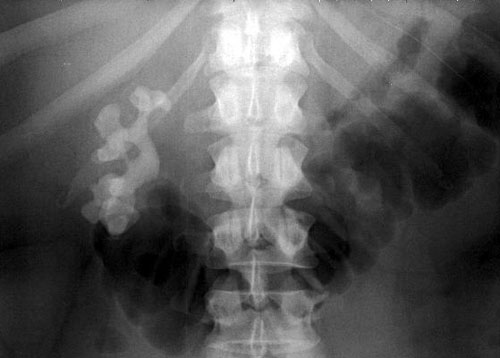
Tissue trauma, edema formation cellular ischemia.Increased frequency/force of ureteral contractions.Inaccurate follow-through of instructions, development of preventable complicationsĪssess for factors related to the cause of urolithiasis:.Questions request for information statement of misconception.Urgency and frequency oliguria (retention).Encouraging lifestyle changes, such as increased fluid intake, dietary adjustments (e.g., reduced sodium and oxalate intake), and regular physical activity, can help prevent stone recurrence and promote overall urinary health.Īssess for the following subjective and objective data: Informing patients about the causes, prevention strategies, signs of complications, and the importance of regular follow-ups to monitor their condition is important. Protecting renal function through early intervention and appropriate management strategies is essential to maintain the overall health of the patient’s urinary system. Implementing preventive measures, such as lifestyle modifications, dietary changes, and appropriate medical therapies, is important to reduce the risk of future stone formation. The primary goal of treatment is to eliminate kidney stones. Prompt identification and treatment of any infection is crucial to prevent further complications and ensure the patient’s well-being. Managing acute pain is a top priority to provide immediate relief and improve the patient’s comfort.

The following are the nursing priorities for patients with urolithiasis: Nursing goals for patients with urolithiasis aim to provide comprehensive care to manage pain, prevent complications, and facilitate the passage of kidney stones. There are four main types of kidney stones - calcium stones, uric acid stones, struvite stones, and cystine stones. Renal calculi can remain asymptomatic until passed into a ureter and/or urine flow is obstructed when the potential for renal damage is acute.

Although renal calculi can form anywhere in the urinary tract, they are most commonly found in the renal pelvis and calyces. Kidney stones (calculi) are formed of mineral deposits, most commonly calcium oxalate and calcium phosphate however, uric acid, struvite, and cystine are also calculus formers.

Urolithiasis is the process of forming stones in the kidney, bladder, and/or urethra (urinary tract). Monitoring Laboratory and Diagnostic Procedures Assessing and Monitoring for Potential Complications Administering Medications and Pharmacologic Support Providing Patient Education and Teachings for Lifestyle Changes


 0 kommentar(er)
0 kommentar(er)
